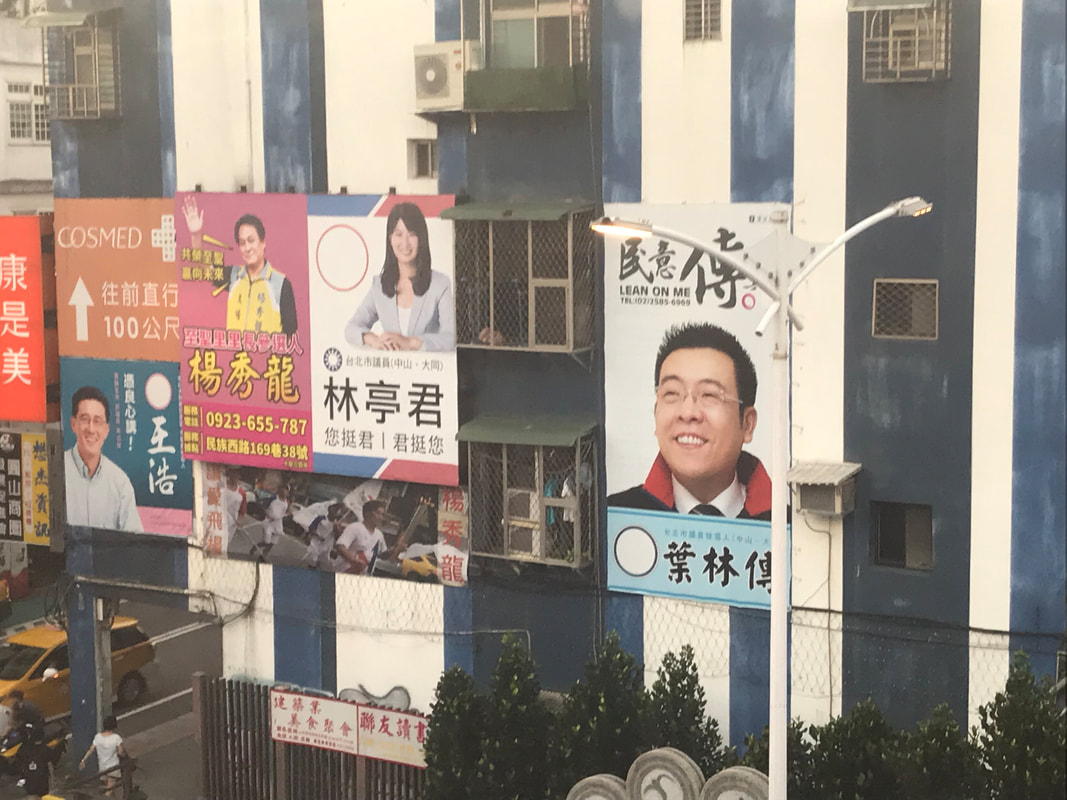 'bout that time again: campaign billboards from September 2018.
'bout that time again: campaign billboards from September 2018. Taiwan's local elections will be held this year on Saturday, November 26, the date set by the Central Election Commission. Altogether, nine different types of offices are up for election:
- (1) Mayors and (2) city councilors in centrally-administered municipalities (直轄市市長,市議員) for Taipei, Kaohsiung, New Taipei City, Taichung, Tainan, and Taoyuan);
- (3) Executives and (4) councilors in counties and county-level municipalities (縣/省轄市長,縣/市議員);
- (5) Township and town heads and (6) councilors (鄉/鎮長,鄉/鎮議員);
- (7) Village and ward heads (村/里長).
- (8) Indigenous "self-governing" district heads and (9) representatives (自治區長,區代表).
Since 2014, these elections have all been held concurrently on a four-year cycle. The local elections in 2022 are the only island-wide ones to be held between the 2020 and 2024 general elections for president and the legislature. That makes these something like midterm elections in the United States: in addition to deciding who governs across all of Taiwan's localities, they also are an important bellwether for trends in party politics. In 2014, the DPP flipped seven of the county and city executives, providing the first concrete indication that it could surpass the KMT and sweep to victory in 2016. In 2018, the KMT returned the favor, flipping nine local mayors including an astonishing upset victory by Han Kuo-yu in Kaohsiung; Han's victory set off a politically volatile period in Taiwan politics that concluded only with Tsai Ing-wen's equally astonishing comeback and emphatic reelection in January 2020.
In an important shift, this time around both major parties have mostly done away with the party member votes and polling primaries that they had used over the past several election cycles to choose their nominees for city and county executives. Instead, the party chair --Tsai Ing-wen for the DPP, Eric Chu for the KMT -- is playing a decisive role in "negotiating" the nominees in each locality. (As this post from Nathan Batto details, both major parties have become more skeptical about the value of using polls to decide nominees after the 2020 election cycle.) The DPP has had considerable success using this method of negotiation in the past, but the KMT has typically struggled to work out side deals in the same way and suffered lots of intra-party splits as a result. A key concern for both, then, will be keeping disgruntled party members who were denied a nomination from running anyway as independents, or not campaigning to elect the party's official candidates.
Now that the candidates for most of these races have been chosen, I am going to keep notes here on the nominees for each executive race, along with whatever other tidbits might be relevant, and try to give some context for what to expect. To keep this manageable, I've broken this discussion into three parts. Today's post has an overview of the highest-profile races in the six special municipalities (直轄市): Taipei, New Taipei, Taoyuan, Taichung, Tainan, and Kaohsiung. Later I'll break down the county-level executive races in north and central Taiwan, and then follow with the south, east, and offshore islands.
Update 8.27. I've added in a rough estimate of the partisan leaning of each locality. Following the Partisan Voting Index (PVI) developed by the Cook Political Report for elections in the United States, I've called this the Taiwan Partisan Voting Index (T-PVI). To calculate T-PVI, I averaged the DPP presidential vote share in each jurisdiction over the last two presidential elections (in 2016 and 2020), then took the difference between the national and local vote share. B+1 means the city or county is one point bluer (i.e. less favorable to the DPP) than the national electorate. G+1 means it is one point greener (more favorable to the DPP.) By this measure, the "bluest" locality in Taiwan is Lienchiang County, at B+38, and the "greenest" is Tainan at G+11. Of Taiwan's 22 localities, 14 are bluer than average, 7 are greener, and one (Changhua County) is even. So, in a national political environment where the blue and green camps are running even, the blue side should be favored to win 14 localities to the green side's 7.
Update 9.20. The latest TFOP poll shows Tsai Ing-wen's approval rating dropping to 43.8% in September, the lowest monthly rating since June 2021, and near the lowest point of her second term. The national environment for the DPP doesn't look as favorable as it did two months ago.
Update 10.26. October TFOP poll is out and shows Tsai Ing-wen's approval rating bouncing back up to 51.2%, and generic identification with the DPP jumping up from 22.4% to 33.5%. That increase might (?) be related to the attention on the CCP 20th Party Congress, where Xi Jinping secured a third term as party secretary and stacked the Standing Committee of the Politburo with his own loyalists. Regardless, that's a big improvement for the DPP in the last month before the elections.
Taipei - 台北市
DPP: Nominated Chen Shih-chung (陳時中) on July 10.
Others: Deputy mayor Huang Shan-shan (黃珊珊) declared as an independent candidate on August 28. Former Tainan County magistrate Su Huan-chih (蘇煥) announced on July 29 he's running as an independent. 8 others also registered by the September 2 deadline.
T-PVI: B+2
Notes:
- Chiang is a 2nd-term legislator representing Taipei 3, and the son of John Chang --> Chiang (章孝嚴 --> 蔣孝嚴), who has claimed to be an illegitimate child of Chiang Ching-kuo and in the 2000s changed the family name to make the claim explicit. Chiang Wan-an is 43 -- young by KMT standards -- and, given his father's long career in KMT politics and ostensible connection to CCK, is KMT royalty. His father held the same district from 2008-2012.
- Chiang has twice won tough races for the legislature in Taipei 3, 47-38-12% in 2016, and 51-46% in 2020, while running well ahead of the KMT presidential ticket; Tsai Ing-wen carried the district with 52% of the vote in 2016, and 53.4% in 2020.
- Chen headed the Ministry of Health and Welfare and also the Central Epidemic Command Center (CECC) during the pandemic. He became a household name through daily press conferences leading Taiwan's COVID response, but he has never before run for elected office.
- Incumbent Taipei mayor Ko Wen-je (柯文哲) is term-limited out. Ko won this race in 2014 with the DPP's backing. In 2018, he barely won a three-way contest by less than 4000 votes when the DPP instead nominated its own candidate, Yao Wen-chih (姚文智).
- Ko appears to want his deputy mayor Huang Shan-shan (黃珊珊) to run as a candidate of the TPP. She has publicly expressed interest in running, although she hasn't joined the party (she's still a PFP member) and hasn't yet announced.
- Su Huan-chih (蘇煥智), who was the DPP magistrate of Tainan County from 2001-2010, has also registered to run. He ran for party chair in 2012, losing to Su Tseng-chang. Since then he's been marginalized within the party and has become a critic of Tsai Ing-wen and the DPP leadership. He left the party and ran for mayor in Tainan in 2018 as an independent, but won only 4.1% of the vote there.
- Update 8.28: Huang Shan-shan has officially declared she's in the race. Taiwan media are now calling this a "tripod" (三腳督) election.
- Update 9.15: Su Huan-chih complains that TV networks are focusing on only the top three candidates and ignoring his campaign. He says he will sue the National Communications Commission for not forcing news media to cover the candidates "fairly," citing Articles 49 and 104 of the Civil Servants Election and Recall Act. The NCC (rightly in my view) responds by saying they're not going to dictate how networks should cover the campaigns. For background on the NCC, see here. For more on the regulation of elections in Taiwan, see this working paper.
- 2022.6.24: TVBS poll of Taipei mayor options. Data here show Huang Shan-shan pulling more support from the pan-green than pan-blue camp: only 62% of DPP partisans favor Chen Shih-chung and 22% favor Huang Shan-shan, while 86% of KMT partisans favor Chiang Wan-an and only 9% favor Huang. For NPP partisans (only 3% of sample), 39% favor Huang, 28% favor Chen, and 27% favor Chiang.
- 2022.8.22-26: TVBS poll taken just before Huang Shan-shan enters the race. Chiang Wan-an leads with 36%, Huang (!) is second with 26%, and Chen is third at 23%. The poll also finds ~50% of respondents have a favorable impression of Chiang and Huang, with Chen well back at only 29%, and 52% unfavorable.
- 2022.8.31-9.3: Liberty Times poll taken just after Huang enters the race. Good illustration of "house effects" here: LTN is a green paper, and their poll shows Chen leading Chiang and Huang, 30-23-21%, in contrast to TVBS's much "bluer" results. Unfortunate that LTN, unlike TVBS, does not put up the full read-out of questions and methodology. I'll note the result here since it's a paper of record, but caveat emptor...
- 2022.9.13-17: RWNews online poll shows a virtual tie, with Chiang at 35.2%, Chen at 35.0%, and Huang at 24.8%.
- 2022.9.29-30: TVBS poll finds Chiang still in lead: 40% to Chen's 22%, and Huang's 23%. Notable that Huang is not only viable but also potentially ahead of Chen. The partisan breakdown in this poll shows Huang still pulling about 20% of DPP and 42% of NPP, but only 7% of KMT partisans. Chiang appears to be keeping KMT voters firmly behind him.
- 2022.10.4-5: ETToday poll finds Chiang in lead, 40% to Chen's 27%, with Huang slightly back at 23%. Given polling margin of error, this is entirely consistent with the earlier TVBS polls of the race.
- 2022.10.5-6: My-Formosa poll finds Huang rising since the last time they polled this to overtake Chen, with Chiang still in the lead: 29.6%, to 28.1% for Huang, and 27.8% for Chen. Still a true three-cornered race. The results here are quite detailed and, as this writeup notes, show better favorability ratings for Huang and Chiang than Chen.
- 2022.10.27-29: TVBS poll shows Chiang still leading at 37% to Chen's 27%, and Huang in the rear at 21%. Some clear divergence from other polls in the last month that show Huang moving up.
- 2022.11.1-5: Another poll shows Huang losing ground. RWNews online poll finds Chiang at 36%, Chen at 33%, and Huang at 28%. Some speculation in the accompanying article that partisans are drifting back to their respective blue and green camps, and swing voters are abandoning Huang to vote strategically for one of the other two.
It's hard to say what effect Huang would have on the race -- the TPP under Ko has moved toward the bluer end of the political spectrum, so my prior before seeing any polls was that her presence would hurt Chiang more. But Ko Wen-je also won two terms as mayor by appealing to young, green-leaning and independent voters; if Huang is able to draw support from these same blocs, as some polls are showing she might, perhaps it's Chen Shih-chung who is hurt more. At this point, with Huang not even formally in the race yet, my guess is ¯\_(ツ)_/¯.
Result: KMT gain. Chiang Wan-an wins, 42.3-32.0-25.1%. CEC official results are here.
New Taipei - 新北市
DPP: Nominated Lin Chia-lung (林佳龍) on July 10.
Others: None.
T-PVI: B+2
Notes:
- Hou has consistently polled among the most popular of Taiwan's local mayors over the past four years, and looks well-positioned to win re-election. He also looks like the strongest candidate the KMT could run in the 2024 presidential election; the outcome here could go a long way toward determining whether Hou actually declares for that race next year.
- Lin was mayor of Taichung for one term, then after being defeated for reelection in 2018 became the Minister of Transport and Communications in the Tsai administration. He resigned from that office in April 2021 after a Taroko Express train derailed in Hualien, killing 49 people.
- The DPP took a long time to select a candidate here. Legislator Lo Chih-cheng announced on July 3 that he had been asked to run but was going to turn down the nomination because the party had delayed the announcement for too long.
- New Taipei is the only special municipality the DPP has never won; the current premier Su Tseng-chang was the last member of the party to win an election here, way back in 2001 when it was still Taipei County. It is now Taiwan's most populous jurisdiction, with over four million people.
- 2022.9.13-17: RWNews online poll shows Hou leading Lin, 58-36%.
- 2022.9.21-23: Liberty Times finds Hou leading Lin 52-22%. The usual complaints about lack of transparency in LTN's methodology apply here (e.g. how'd they weight their sample?); even so, coming from a polling outfit with a consistently green house effect, that's a huge lead for Hou.
- 2022.10.14-17: ETToday poll shows Hou leading Lin 55-32%. Not a whole lot of movement in this one; partisans sticking with their camp's candidate, and Hou winning all the rest.
Result: KMT hold. Hou You-yi wins 62.4-37.6%.
Taoyuan - 桃園市
DPP: Nominated Lin Chih-chien (林智堅), the incumbent mayor of Hsinchu City; Lin withdrew from the race on August 12, and the DPP announced legislator Cheng Yun-peng (鄭運鵬) would run instead.
Others: Lai Hsiang-ling (賴香伶), a TPP party-list legislator, is also running. Former DPP legislator Cheng Pao-ching (鄭寶清) declared on August 27. No others.
T-PVI: B+4
Notes:
- Popular incumbent Cheng Wen-tsan (鄭文燦) of the DPP is term-limited out. He's a potential candidate for president in 2024.
- Both major parties nominated surprise candidates here, and both are now politically damaged. Chang was hand-picked by party chairman Eric Chu, apparently without consultation with local party power-brokers or legislators in the city who were blindsided by the decision. Chu also ignored strident appeals from Lo Chih-chiang, a former Ma administration spokesman and Taipei city councilor, who resigned his councilor seat and publicly declared he was running after Chu told him that he was not going to be nominated.
- On the DPP side, the party dithered for a while before announcing that Lin, who is term-limited out in nearby Hsinchu City, would parachute in to run here. That seemed to be a safe (if uninspired) choice, and a way to help Lin (who is relatively young, at 47) keep his career in local politics going. But then some intrepid opponent researchers dug up credible evidence that Lin had plagiarized both of his master's theses, the first at Chung Hua University in 2008, and the second at National Taiwan University in 2017, submitted when he was already mayor of Hsinchu.
- The pan-blue media has relentlessly hammered on these accusations, partly because the KMT's own candidate in the Kaohsiung by-election in 2020 to replace Han Kuo-yu, Li Mei-jhen (李眉蓁), was also accused of plagiarism and had to renounce her MA degree. It doesn't exactly help the DPP that Lin's thesis advisor was Chen Ming-tong, now the director-general of the National Security Bureau in the Tsai administration.
- A twist here is that none of the three candidates has much previous connection to Taoyuan (all three have had to relocate their household registration to the city after entering the race). That may not matter much since many voters are also new to Taoyuan -- the city has grown more than any other municipality over the last decade and is now more populous than Taipei.
- Update 8.12: Lin Chih-chien withdrew from the race on 8.12; the DPP immediately announced legislator Cheng Yun-peng (鄭運鵬) would replace him. Cheng is the DPP's party caucus secretary in the Legislative Yuan and represents Taoyuan 1. He's won twice in a competitive district: 47-44% in 2016, and 46-43% in 2020.
- Update 8.27: Another bad development here for the DPP: the former DPP legislator Cheng Pao-ching (鄭寶清) has announced he'll run as an independent for Taoyuan mayor. Part of his justification is that Cheng Yun-peng showed bad judgement by staunchly defending Lin in the thesis scandal. Cheng Pao-ching represented Taoyuan 4 from 2016-20 (a seat he won by only 160 votes), then narrowly lost reelection to current KMT legislator Wan Mei-ling (萬美玲) in 2020.
- Update 9.2: Now Simon Chang is facing his own plagiarism charges, although the context is quite different. Chang worked at the computer manufacturer Acer from 2007-09, and he led a research team that got a large grant (~US$1.9 million) from the Council of Agriculture (awarded toward the end of the Chen Shui-bian administration -- so this was not a political handout from the KMT government that followed, although it's sometimes being characterized that way) to write a series of reports on enhancing e-commerce for Taiwan's agricultural sector. The published collection contains many passages that were copied without proper citation.
- 2022.8.15-16: TVBS poll finds Chang leading Cheng Yun-peng and Lai Hsiang-ling, 39-28-8%, with 25% undecided.
- 2022.8.23-25: ETToday poll shows Chang leading Cheng Yun-peng, 39-26%, with Lai at 11%.
- 2022.9.1-9.8: TVBS poll shows Chang leading the pack again with 36%, despite the COA report news breaking at the beginning of this survey period; Cheng Yun-peng has 27%, Cheng Pao-ching 8%, and Lai at only 5%. The Cheng-on-Cheng intra-DPP split looks bad for the party's chances here. The TPP's Lai apparently hasn't gotten any traction so far despite the face-plants by both major parties.
- 2022.9.14-16: Liberty Times poll (again, methodology caveats aside) finds Cheng Yun-peng in the lead, barely, over Chang: 29-25%, with 7% for Cheng Pao-ching, and 5% for Lai. 35% of those polled were undecided. Take the blue and green pollster results together and they suggest a two-man race but with a lot of voters up for grabs.
- 2022.10.16-20: TVBS polls Taoyuan again, finds the race almost unchanged. Chang is holding his lead, 38-27% over Cheng Yun-peng, with Cheng Pao-ching at 6%, and Lai at 5%. 24% undecided.
- 2022.10.25-29: RWNews online poll shows Simon Chang in the lead over Cheng Yun-peng 46-41%. Compared to their previous polls, voters seem to be abandoning both Cheng Pao-ching and Lai Hsiang-ling and shifting toward one of the top two. A straight-up green-vs-blue race is better for the DPP, since they've got a very popular incumbent mayor and Taoyuan has trended green in recent years. But Cheng Yun-peng still appears to be behind.
Update 8.12: At this point, replacing Lin with Cheng probably helps the DPP. At the least, Cheng is from Taoyuan, and the switch happened early enough that he should be able to run a competitive campaign. The controversy over Lin's plagiarism cases was becoming a huge distraction for the party.
Update 8.27: Cheng Pao-ching's entry into the race complicates what has already become a difficult election for the DPP here. With the TPP's Lai not getting much traction in polls, Chang San-cheng now appears to have the edge.
Update 10.26: Leans KMT. A month out from the election, and Simon Chang keeps holding on to a significant lead in polls, although well short of 50%. The TPP's Lai hasn't made any headway, so this is trending in the opposite direction from Hsinchu City with the KMT the likely beneficiary of strategic voting, while Cheng Pao-ching appears to be pulling enough of the vote to doom Cheng Yun-peng. Rating change to Leans KMT.
Result: KMT gain. Simon Chang wins 52.0-40.0%.
Taichung - 台中市
DPP: Nominated legislator and deputy LY speaker Tsai Chi-chang (蔡其昌) on April 27.
Others: A third candidate, Chen Mei-fei (陳美妃) registered on the last day to run as an independent.
T-PVI: B+1
Notes:
- Lu was previously a legislator (and a rival of former KMT chair and Taichung legislator Johnny Chiang 江啟臣), who barely edged out Chiang for the party's nomination here in 2018, then won a surprisingly large victory over Lin Chia-lung in the 2018 general election. Her approval ratings have lagged toward the bottom of all mayors around Taiwan, but she remains a formidable candidate--this TVBS poll (admittedly a blue news outlet with a consistently strong house effect in its polls) shows her with a 55-22% lead over Tsai at the end of June.
- Tsai has represented Taichung's 1st district since 2012, and became deputy speaker in 2016. He is close to a generic replacement-level DPP candidate but could probably win if it's a strong DPP year.
- Taichung has been a microcosm of national vote patterns over the last several election cycles. Lin Chia-lung won here in 2014 57-43%, and then Lu won it back for the KMT in 2018, also 57-43%. In between, Tsai Ing-wen won 45% of the vote in Taichung in 2012, 55% of the vote in 2016, and 57% in 2020: very close to her overall performance in each of those elections.
- Update 9.2. The independent candidate here, Chen Mei-fei, is unusual: she is a political novice (政治素人) not backed by any political group, and she apparently used her own personal savings to pay the NT$1.5 million deposit (about US$48,000 at current exchange rates). The Civil Servants Election and Recall Act (Article 32) requires that candidates must obtain ≥ 10% of the winning vote share in order to have their deposits refunded after the election. So, Chen risks forfeiting this registration deposit unless she wins ≥5% of the vote.
- 2022.9.8-14: ETToday poll shows Lu leading Tsai 54-33%.
- 2022.9.13-15: Formosa News with a detailed poll on the Taichung race. Among many findings here, Lu leads Tsai 59-20%. Also asks a more generic question about whether to switch parties or stick with KMT leader: that is in KMT's favor by a smaller margin, 54-25%.
- 2022.9.22-26: TISR (thrilled to see them back in the polling business) has a new high-quality poll out on Taichung. It shows Lu leading Tsai 50-20% (!). Yikes. Lu's trust and approval ratings are over 70% in this poll. If that's close to accurate, she's going to be hard to beat.
Update 10.26: Likely KMT. A month out from Election Day and this race hasn't moved much. Lu is looking much more popular, and Tsai worse, than I expected in August. Polls keep showing this race to be more like the KMT's version of Tainan or Kaohsiung than a swing city. Rating change to Likely KMT.
Result: KMT hold. Lu Shiow-yen wins 59.3-38.9%.
Tainan - 台南市
DPP: Renominated incumbent Huang Wei-che (黃偉哲) (sometimes spelled Huang Wei-cher).
Others: Hsu Chung-hsin (許忠信), a former TSU legislator, has entered the race as an independent. Three others, including 2018 candidate Lin Yi-feng (林義豐).
T-PVI: G+11
Notes:
- The KMT has never won here since Tainan City and County were merged into a special municipality in 2010. Ma Ying-jeou actually carried Tainan City in 2008 (isn't that amazing?), but since the merger with deep green Tainan County, KMT candidates face a near-hopeless task trying to compete here.
- Even so, Huang Wei-che had an unexpectedly close race on his hands in 2018. Although he was the DPP's official nominee in a deep green city, four independent candidates pulled almost 30 percent of the vote, and he won with only 38% support. Huang appears to have been caught up in pan-green infighting in Tainan, which has been unusually public and acrimonious for several years now.
- The 32.4% the previous KMT candidate got here in 2018 in a strongly anti-DPP year is probably an absolute ceiling for the party. For the KMT to win in Tainan now looks like it would require a perfect split of the vote among green candidates, or supporting a DPP factional leader as their nominee. If there's one place where it makes sense for the KMT to forego nominating anyone at all and trying instead to back an anti-DPP independent, Tainan is it.
- 2022.9.23-29: ETToday poll shows Huang leading Hsieh, 50-29%. Everyone else is under 5%.
- 2022.10.18-22: RWNews online poll (see Chiayi City poll section for more details) has Huang ahead but not by a lot: 44% to Hsieh's 36%. Nobody else is polling more than 5%. For an incumbent mayor in a deep green city, Huang is coming in well below expectations in this poll.
Result: DPP hold. Huang wins 48.8-43.6%.
Kaohsiung - 高雄市
DPP: Renominated incumbent mayor Chen Chi-mai (陳其邁).
Others: Two independent candidates.
T-PVI: G+6
Notes:
- Ko is a faculty member at Tamkang University in Tamsui, New Taipei. Her father Ko Wen-fu (柯文福) was magistrate of Pingtung County from 1973-1981, so she comes from a political family. In 2016, she was ranked second on the KMT's party list, ensuring her a seat for the 2016-2020 term. [correction 9.23]: In 2020 she ran for the LY in New Taipei 7, losing 46-40% to Lo Chih-cheng, then returned to teaching. She has also headed the KMT's National Policy Foundation. She moved her household registration from New Taipei to Kaohsiung for this election.
- Chen Chi-mai has already had a long career in the DPP, serving as a legislator, acting mayor of Kaohsiung, EY spokesman, and deputy secretary-general of the presidential office. His shocking loss to Han Kuo-yu in 2018 did not ultimately set back his political ambitions much; he was instead elevated to the central government where he served as vice premier before returning to contest the by-election after Han's recall in June 2020.
- Chen is the son of Chen Che-nan (陳哲男), a KMT-turned-DPP legislator in the 1990s who later served as a close aide to Chen Shui-bian in the Presidential Office. After Chen Shui-bian left office, Chen Che-nan was convicted and served three years in prison on bribery charges.
- 2022.9.28-30: ETToday poll shows Chen leading Ko 54-31%. Within the range of expectations but I'm a bit surprised Ko is polling that well. Perhaps she's more appealing to pan-blue voters than I thought.
Result: DPP hold. Chen Chi-mai wins 58.1-40.2%

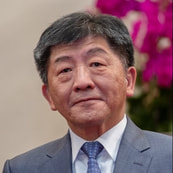
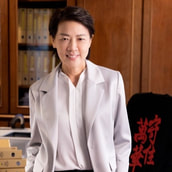
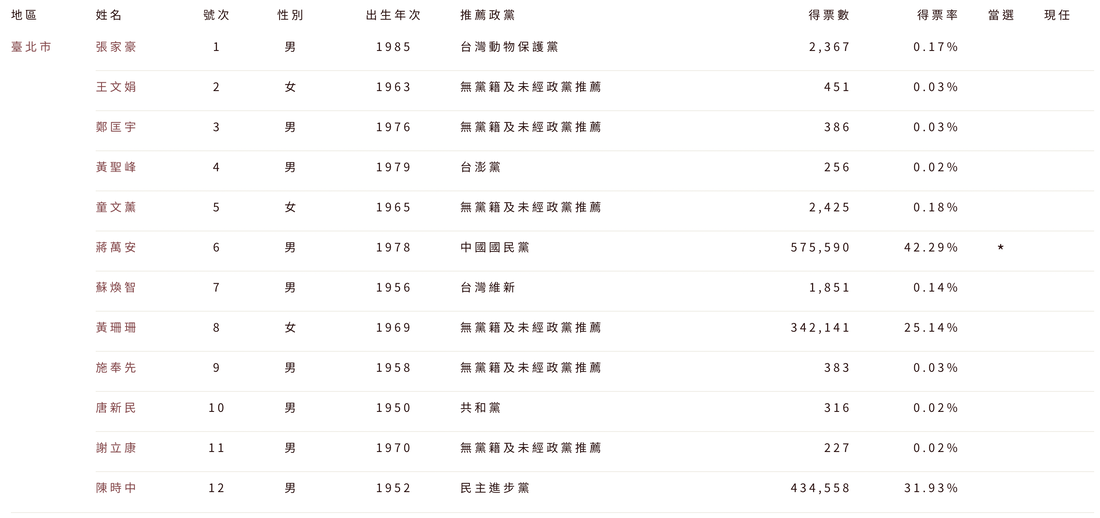

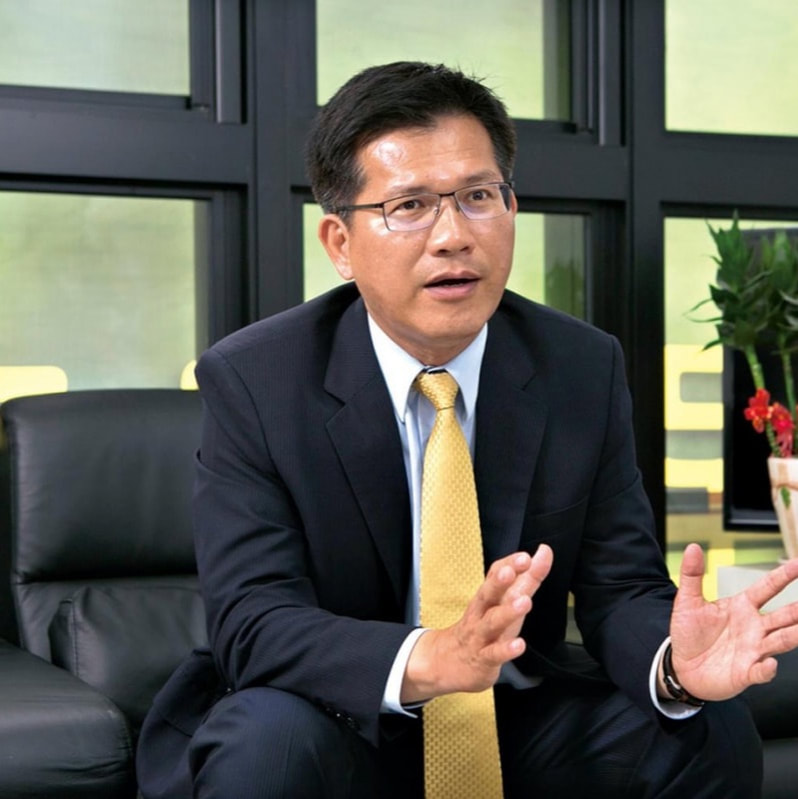

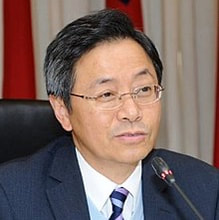
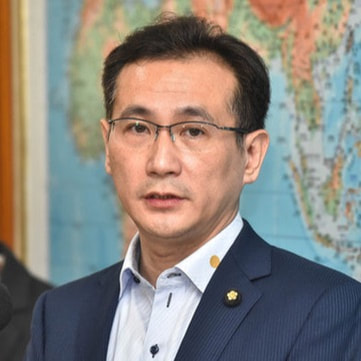

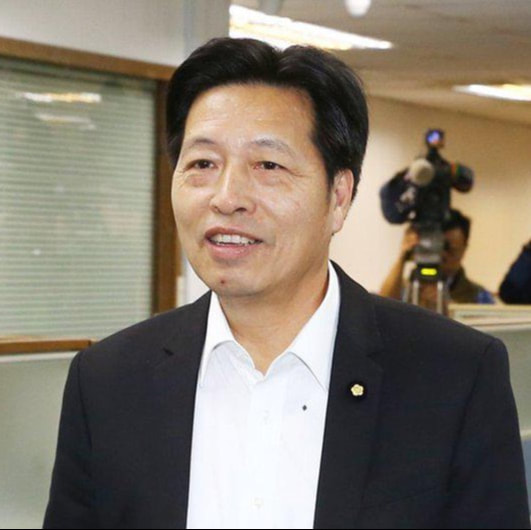

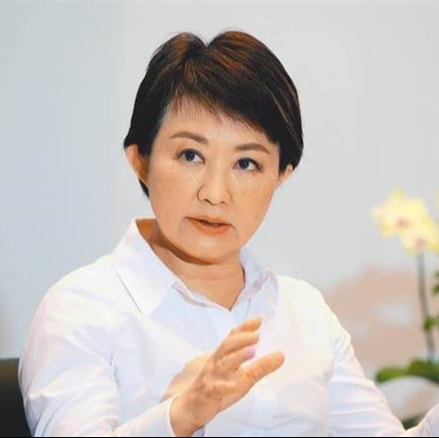
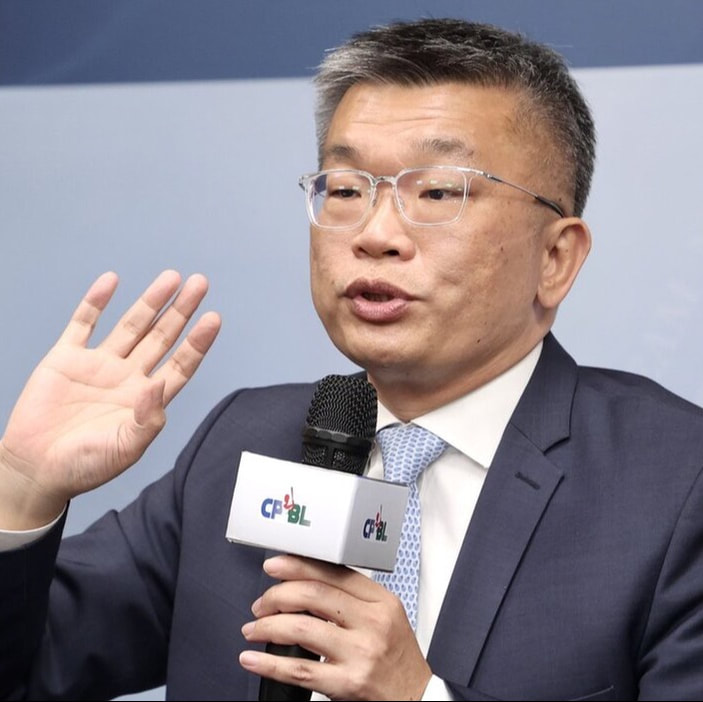

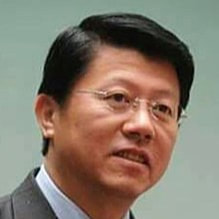

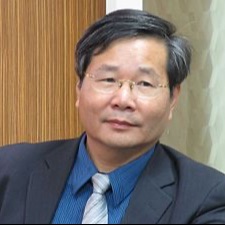

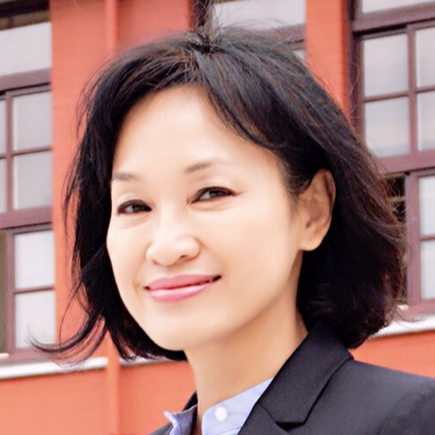
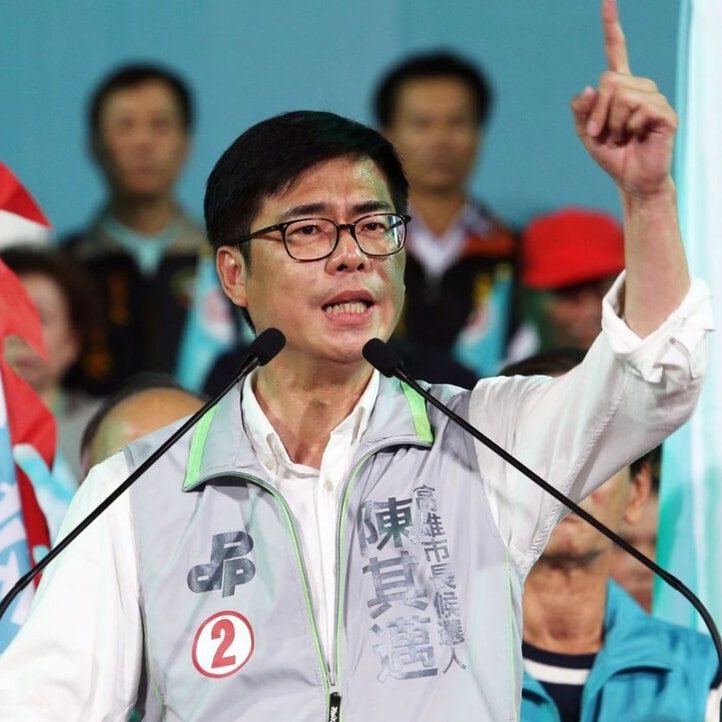


 RSS Feed
RSS Feed
